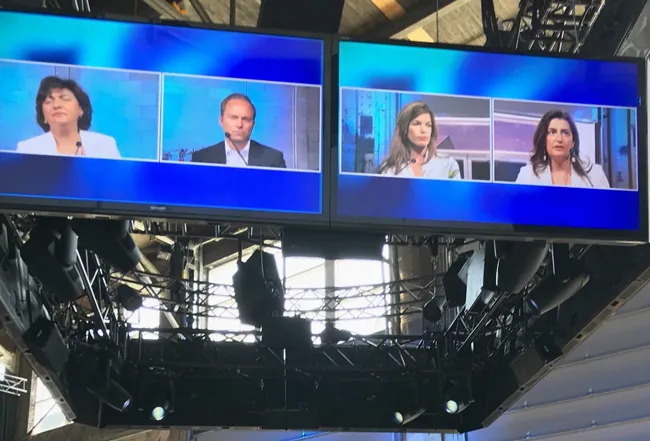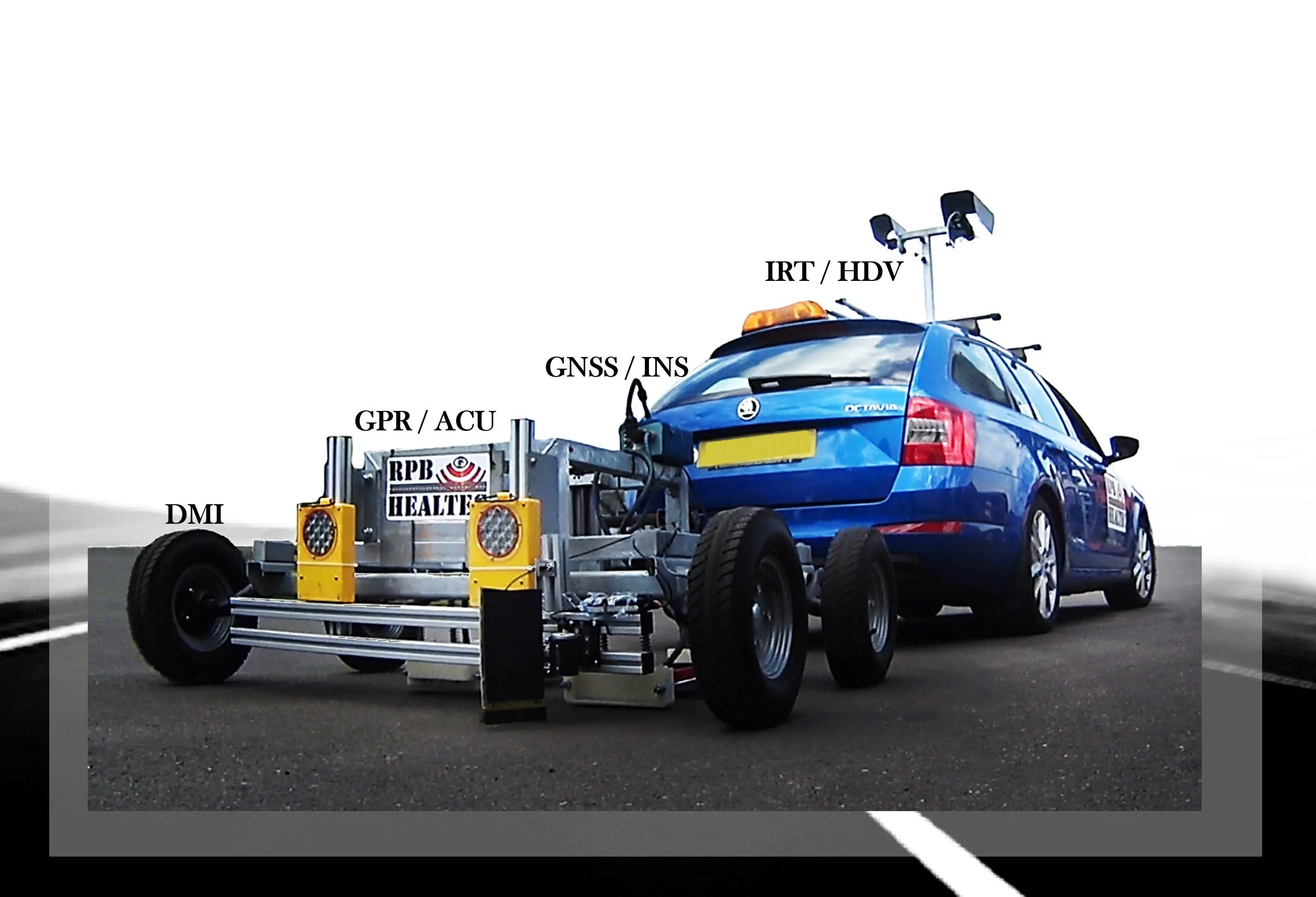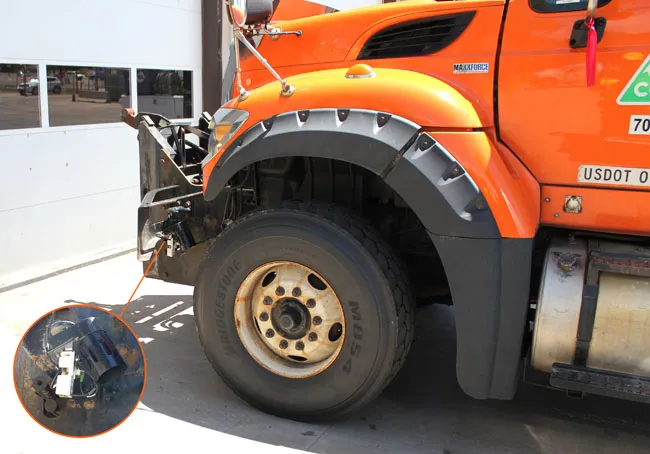
Created and inspired by Michelin, the event was produced by the Movin’On Sustainable Mobility Fund, with C2 International as the organising partner. Under the banner theme of Solutions for Multimodal Ecosystems, an environment of leaders from academia, politics, cities and business were guided in exploring new and actionable solutions to the global challenges defining the future of mobility.
Gathering over 150 partners, the Movin’On Summit strengthens its position as a catalyst and mobiliser for sustainable mobility.
Bringing in the perspective and expertise of the International Road Federation (IRF), Susanna Zammataro - IRF director general - led three sessions during this edition. These focussed respectively on air quality, on safe and inclusive mobility and a working session on new technologies strategies, and tools for a proactive and preventive approach to road safety.
More than 300 new bike-share services were launched worldwide last year. Ride-hailing services together provide more than 45 million rides/day.
Fast-growing cities in low and middle-income countries are on the front line as they are now building their transport systems and are called upon to make decisions that will affect generations to come.
During the 2019 edition’s closing ceremony, Luis Alfonso De Alba, United Nations Climate Action Summit 2019 special envoy, and Florent Menegaux, CEO of the Michelin Group, agreed that the Movin’On Summit’s ecosystem must contribute by helping the UN move from ambition to action regarding mobility’s impact on climate.
Over two and a half days, participants were inspired by 95 speakers and collaborated through 42 working sessions on the five leading themes of this edition: circular economy, decarbonisation and air quality, society and multimodal urban transport, innovative technologies, multimodal goods transport. Edition by edition, the Movin’On Summit has evolved from encouraging dialogue, to making real commitments and taking firm action toward sustainable mobility.
• To learn more on Movin’ON: %$Linker:







